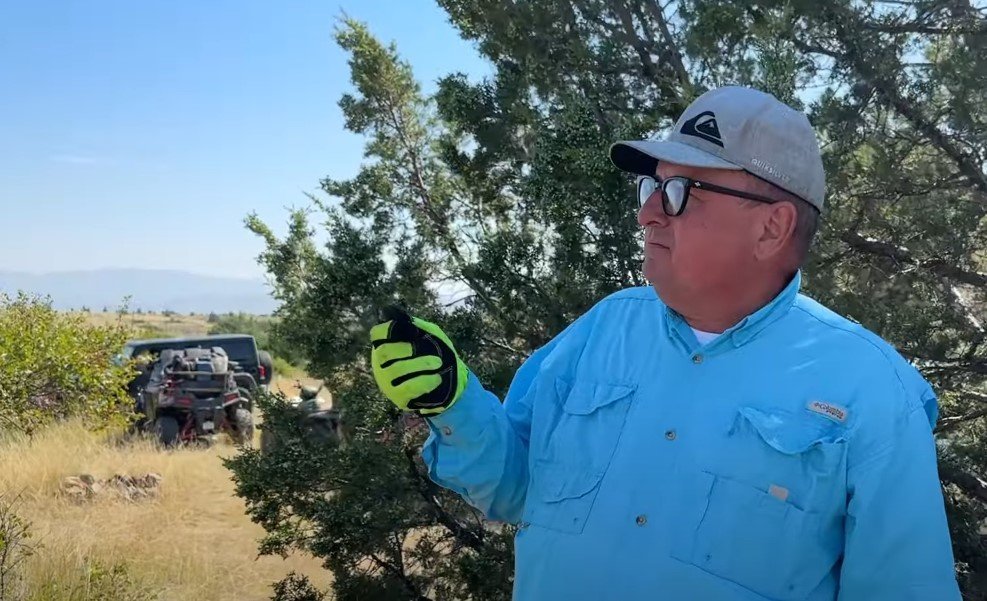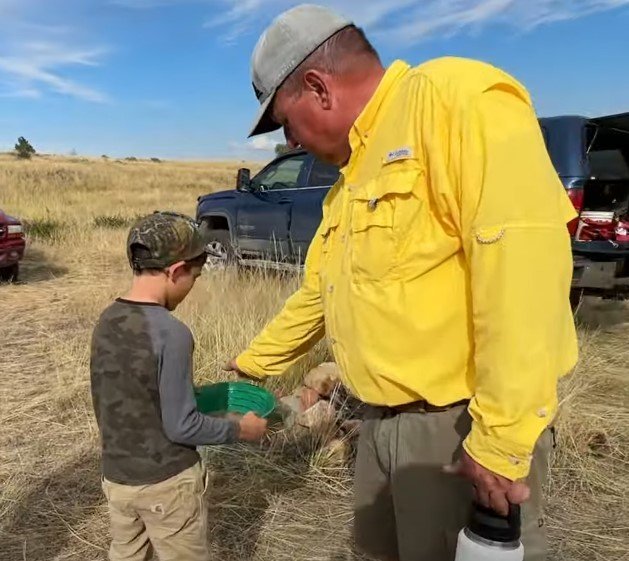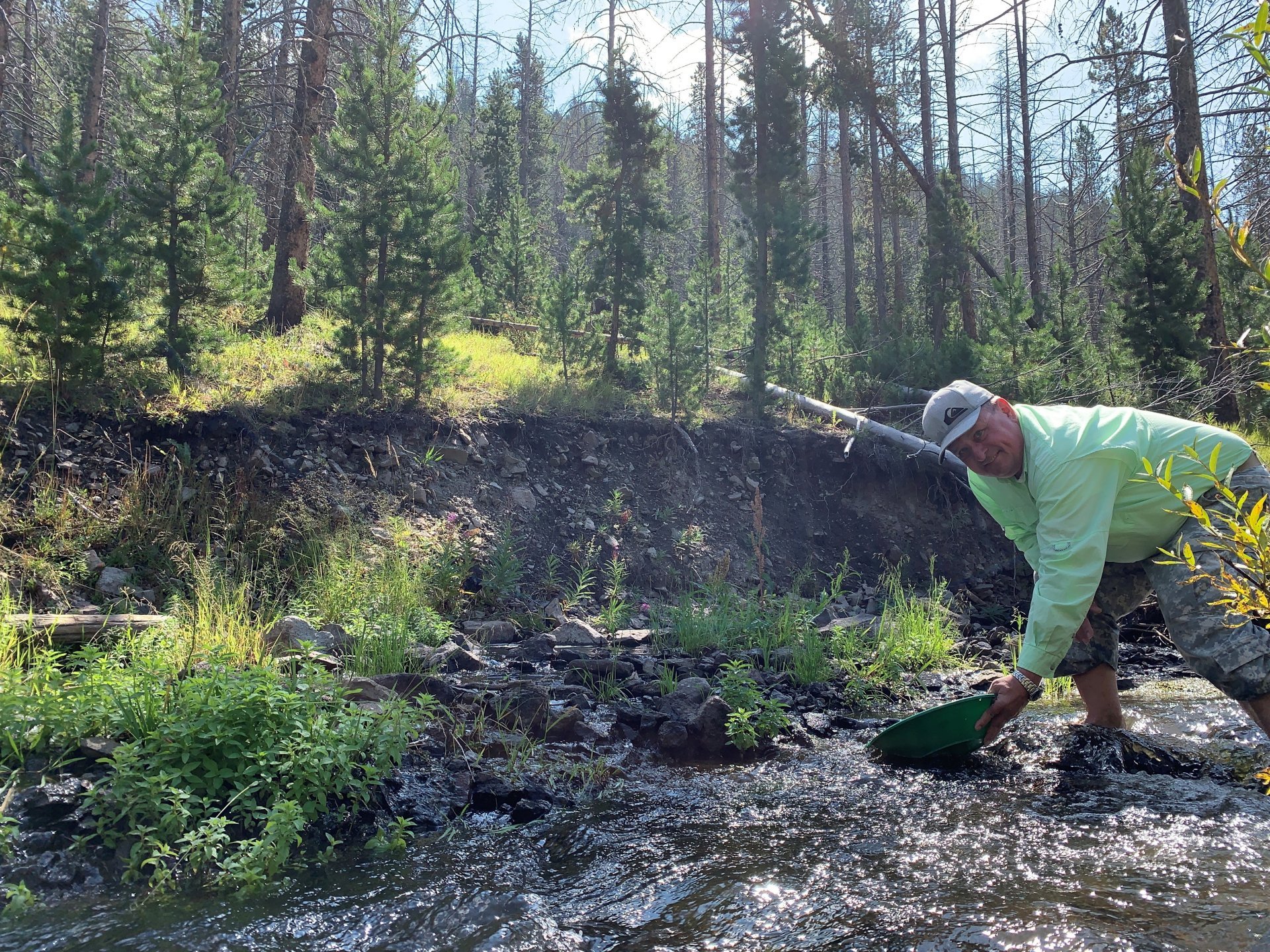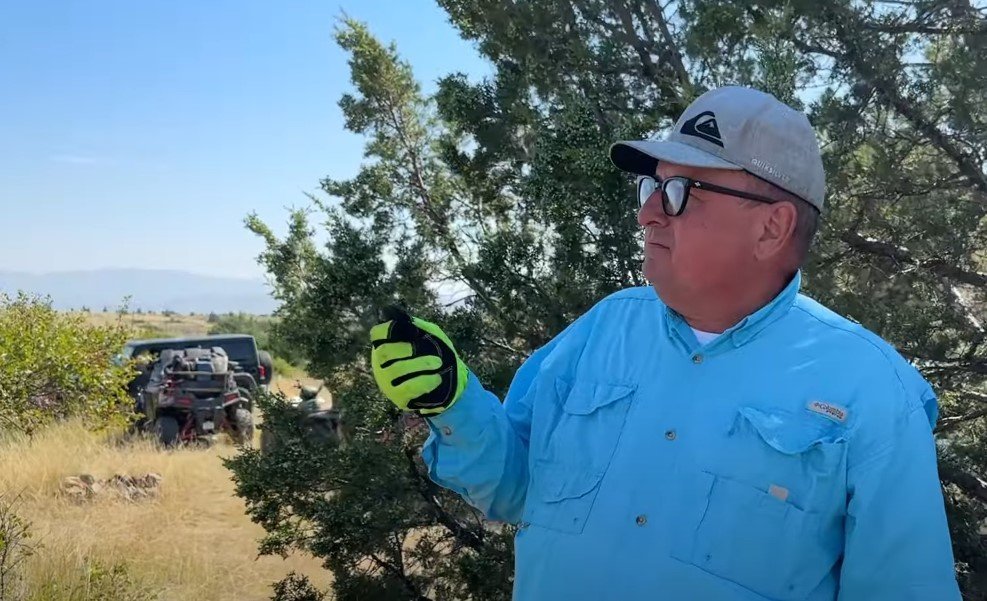Headquartered in Indianapolis, Indiana, we serve the specialty chemicals industry with locations in the heart of manufacturing hubs in the U.S. and Europe. We produce a variety of solvents, intermediates, specialty fuels, and other specialty products, as well as offer industry-leading Custom Manufacturing services.
The Importance of Mentorship & Exploration: A Conversation With Jerry Traylor
June 13th, 2024
What is your current role? How long have you worked for Monument?
I have 17 collective years of experience at Monument facilities. I was employed by Nova Molecular Technologies for 4 years, which is now known as Monument Chemical – Bayport. Between 1988 and 1996, I worked for Olin Corporation in Brandenburg, Kentucky, which is now Monument Chemical – Kentucky. This background has given me extensive experience within Monument facilities. I’ve been working for Monument directly for five years.

Currently, I work in the Monument Renewables and Fuels business. Monument aims to expand the use of renewable and sustainable aviation fuel in the North American market, and my role supports this initiative.
Tell us about your experience as a mentor with the Rose-Hulman Institute of Technology Chemical Engineering Department.
I graduated from Rose-Hulman in 1987 with a degree in Chemical Engineering and have maintained connections with people at the college throughout my career. About 13 years ago, the Chemical Engineering Department put out a call for mentors. I immediately expressed my interest and have been involved with the program since its inception.
I work with a team of four students who are assigned a project as part of their Capstone Design Class. Their goal is to complete a high-level design, run the economics of the proposed project, conduct simulations, and determine the necessary equipment for the project. At the end of the course, they present their findings to the class. We meet via Microsoft Teams, and I make myself available via email and text over the course of 10 weeks.
In this role, I act as their mentor, and also play the role of their boss. I’m not the type of boss that tells them what to do; rather I offer guidance where needed and help facilitate their progress. My approach focuses on bringing real-world applications into their projects to ensure they are prepared to start their careers.
What made you want to get involved as a mentor?
I didn’t have a mentor when I was in school, and having gone through that experience, I realize now how beneficial it would have been for my development.
There aren’t a lot of Chemical Engineers, and these days they seem to be retiring faster than they are graduating. Thirty years ago, I was tasked with training my replacement, and I realized that for there to be competent Chemical Engineers, those in the profession need to step up and help. Engineers are constantly growing and learning, and if I keep what I’ve learned locked away, no one benefits. I want the profession to be in a good place in the future, and if I can influence four engineers a year, I’m happy to do it.
What wisdom and advice do you try to pass down to the students in the class?
I try to act as a window to the world for them, guiding them on the steps to take and what to expect when they start their careers. Sometimes, students struggle and get hung up on the idea that something has to work a certain way, but often the right answer is to stop and consider alternative solutions. Hearing “no” can be difficult for young engineers, but it’s a crucial part of the learning process. The best lessons are often learned the hard way. I believe the most successful teams are those that establish and maintain open dialogue, and the most successful projects are characterized by continuous communication. All of this applies to the real world.

I also encourage them to get to know their tradespeople — the individuals turning the wrenches, building, and fixing things. The sooner you understand what they face, the better an engineer you’ll be. I tell the students that while a tradesperson may not always know why something works, they know how it works and how to fix it. As the students progress into their careers, I try to instill in them a degree of humbleness and a respect for the people building/operating their designs.
What do you like to do in your spare time?
One of my hobbies is gold prospecting; I belong to a Gold Prospectors Association of America. This interest developed from my fascination with ghost towns and their origins, often linked to railroads, stagecoaches, or gold mines. I started exploring ghost towns, and once I associated gold with them, prospecting naturally followed. I've been prospecting for 20 years now, and I love it — being out in the middle of nature, panning for gold, and then relaxing with a book by the river, letting Mother Nature speak to me. This May, I took a trip to Tuolumne County, California, and prospected on the Stanislaus River. Last year, I prospected in Central Montana. Even when I am prospecting – I never turn down the opportunity to teach.








